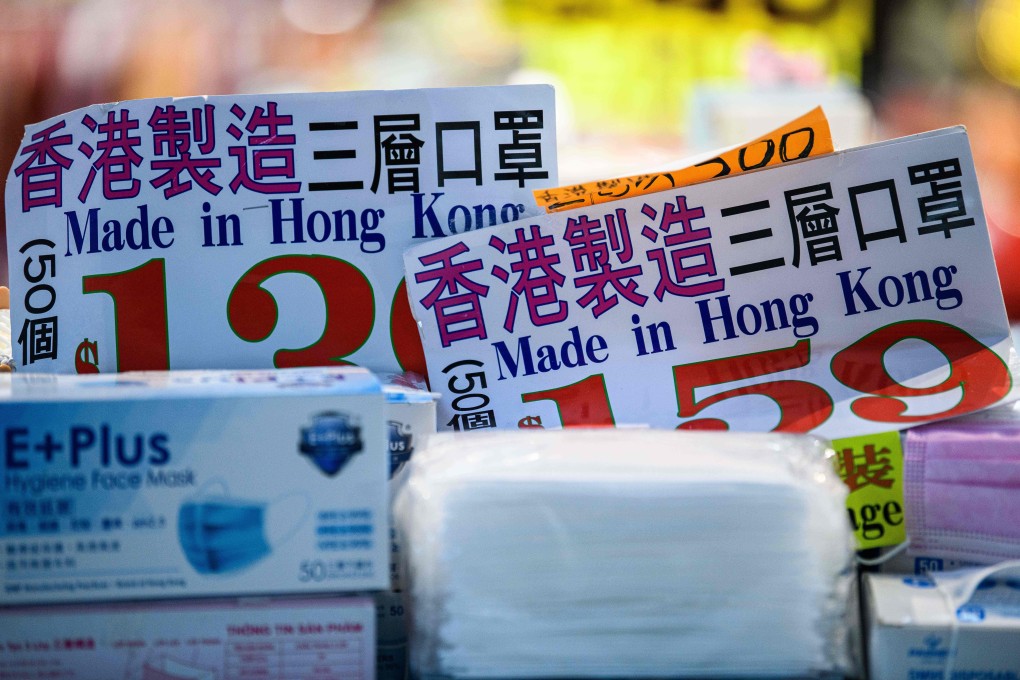Hong Kong has a valuable role to play in the US-China conflict
- Having been targeted for sanctions and pressured to say its exports are made in China, Hong Kong has some principled positions it must defend at all costs
- One vital role for the city is to remind Beijing and Washington that we must strengthen the global institutions and processes that have served us well

My first response was that it was a preposterous question. When elephants are fighting, the first and most responsible reflex of minnows like us should be to keep well out of the way.
As the conversation continued, though, I felt a more nuanced response was needed. Perhaps Hong Kong does have a role to play. Perhaps it has no choice.
Having been targeted for sanctions because of the national security law and pressured to say its exports are made in China rather than Hong Kong, the city has some principled positions it must defend at all costs – not least its autonomous status in the World Trade Organization and the Asia-Pacific Economic Cooperation (Apec) forum.

Anyway, the global economic contest that has continued over the past three years has been less a US-China conflict and more a US-versus-everyone-else conflict. China has come to represent a uniquely hateable bogeyman for the United States, but China is far from alone as a target for US venom.
